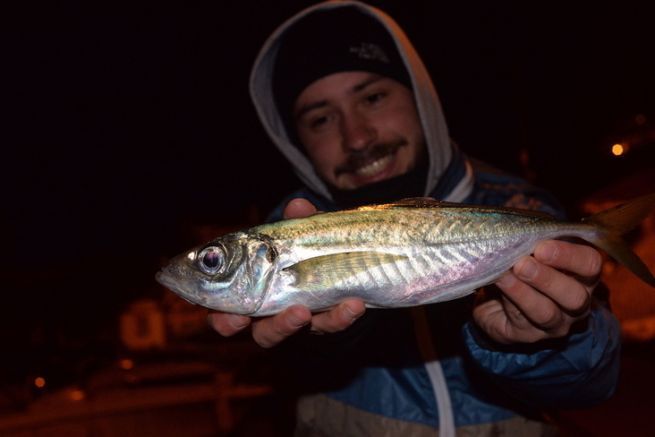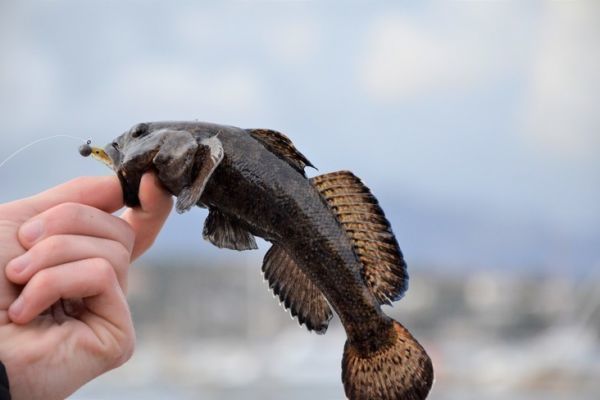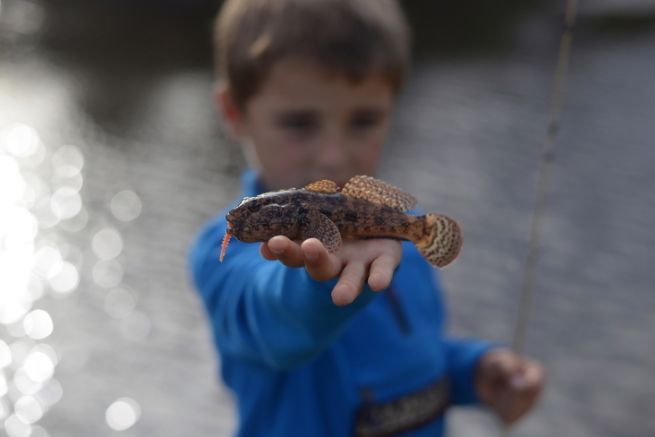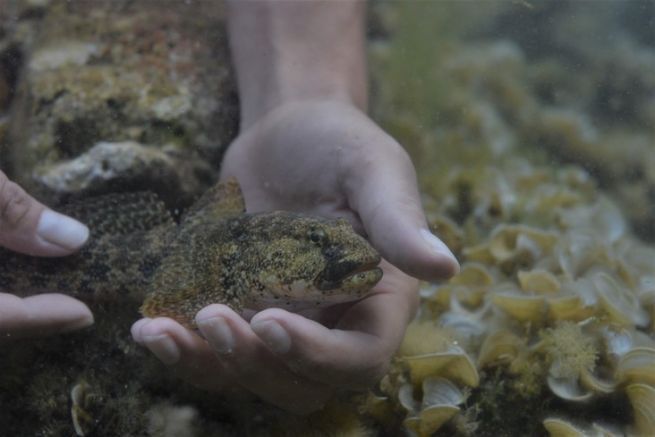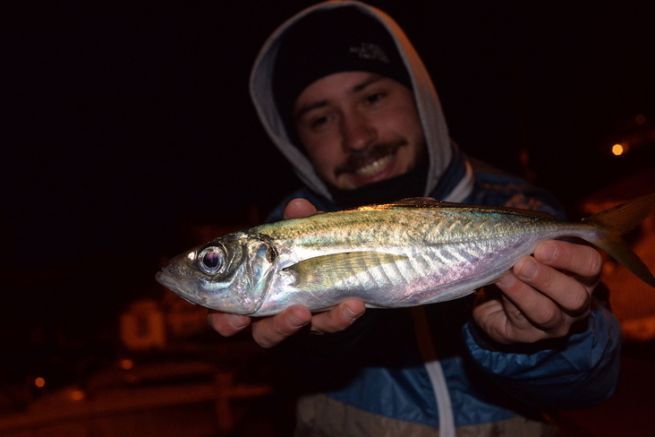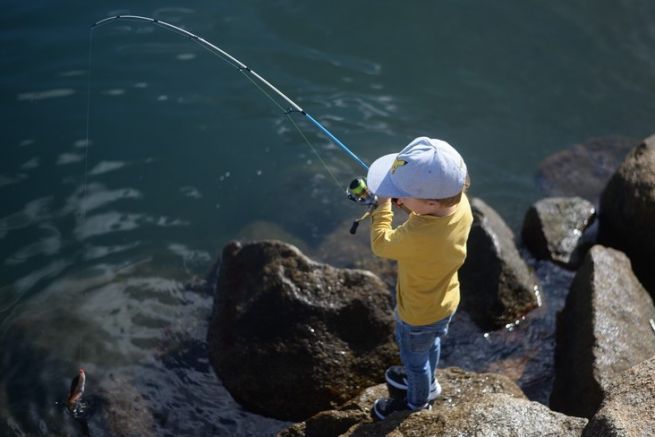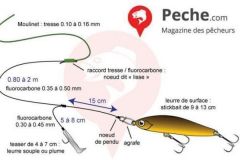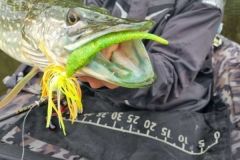Small pelagic fish
In addition to benthic rockfish (which move close to the bottom), rockfishing, or light game, allows you to target other combative and varied fish. Small pelagic predators often come to hunt in the harbours: small barracuda, limon (juvenile yellowtail), liche, wolffish and horse mackerel are numerous at night.
This time, you won't necessarily be scraping the bottom, but fishing in open water with soft lures, mini metal jigs or swimming fish imitating small fish or cephalopods.
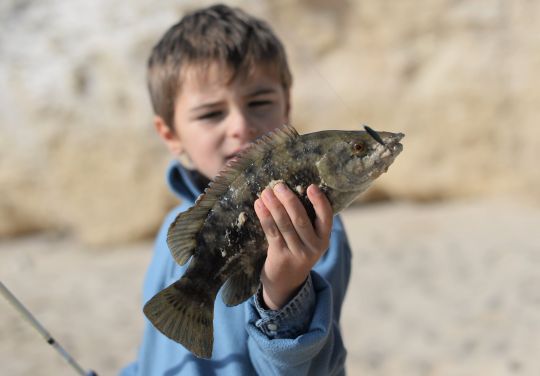
The right moment at night
Night is the best time to catch fish, as most of these predators come into action under cover of darkness. Both large and small predators are on the hunt. The spotlights concentrate the fry, making feeding easier.
All these predators, no matter how small, have one thing in common: they are nervous, combative fish. With ultra-light tackle, you're guaranteed to get a thrill out of even the smallest fish!
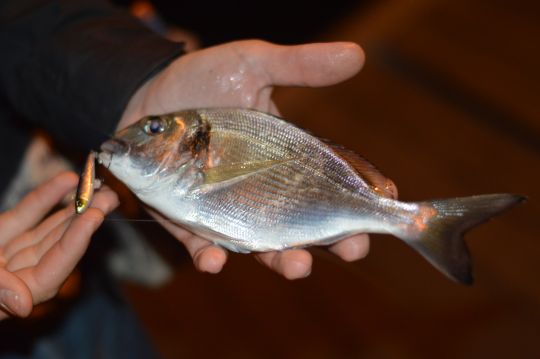
Sinking lures with a nervous swimming action
Lures with a nervous swimming action stand out well and trigger many bites. Sinking lures can fish all water layers and are the most widely used. Pelagic predators can hunt a variety of prey at all depths. Soft lures remain ultra-versatile, especially finesse lures, which swim nervously in all directions. Numerous models of small swimming fish have also been developed: they imitate fish fry, shrimps or small cephalopods and allow you to fish all depths with different actions and swims to compensate for the changing mood of the fish.
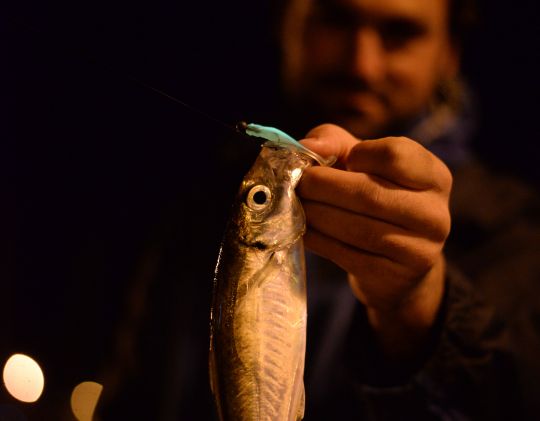
Watch out for surprises and large predators that feed on small prey! Wolves and barracudas can focus on antherins or small mullets just a few centimetres long, and tough fights happen more often than you might think!
